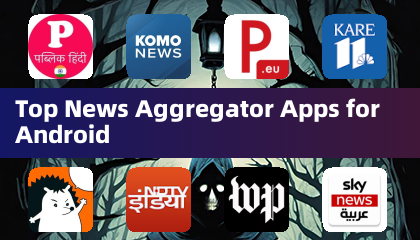Epic Games' ongoing battle with Apple over the fate of Fortnite on iOS devices has escalated once again, with Epic accusing Apple of thwarting its attempts to relaunch the game on the U.S. App Store. Earlier this month, Epic's CEO, Tim Sweeney, confidently announced that Fortnite would soon make a comeback on U.S. iOS devices following a pivotal court ruling.
On April 30, a U.S. Federal District Court in California ruled that Apple had deliberately violated a court order in the Epic Games v. Apple lawsuit. This order mandated Apple to allow developers to provide alternative purchasing methods outside their apps. This ruling came after years of contention, with Epic spending billions to challenge Apple and Google's control over their app stores, as reported by IGN in January. Sweeney views this fight as a strategic long-term investment in Epic and Fortnite's future, vowing to continue the battle for decades if necessary.
The core of the dispute centers around Epic's refusal to pay the customary 30% store fees on mobile game revenue. Epic prefers to distribute Fortnite through its own Epic Games Store on mobile platforms, bypassing the hefty fees imposed by Apple and Google. This disagreement led to Fortnite's initial ban from iOS back in 2020.
Despite Sweeney's optimistic tweet suggesting an imminent return of Fortnite to iOS, the game remains unavailable. Epic has now publicly stated to IGN that Apple has blocked their latest submission, preventing Fortnite from being released on the U.S. App Store or through the Epic Games Store for iOS in the European Union. As a result, Fortnite on iOS will stay offline globally until Apple lifts the block.
 Epic's Tim Sweeney is determined to defeat Apple and Google, however long it takes. Photo by SeongJoon Cho/Bloomberg.
Epic's Tim Sweeney is determined to defeat Apple and Google, however long it takes. Photo by SeongJoon Cho/Bloomberg.
This development is a significant setback for Epic, which has already lost billions in revenue since Fortnite was removed from iPhones five years ago. In a direct appeal, Sweeney has taken to Twitter to urge Apple's CEO, Tim Cook, to reconsider the decision, tweeting, "Hi Tim. How about if you let our mutual customers access Fortnite? Just a thought."
Following the court's ruling, Apple faced further legal repercussions, with U.S. District Judge Yvonne Gonzalez Rogers referring Apple and one of its executives, Alex Roman, to federal prosecutors for a criminal contempt investigation. Judge Rogers criticized Apple's compliance efforts as misleading and dishonest. In response, Apple expressed disagreement with the decision but committed to complying while also planning an appeal. Last week, Apple sought a stay from the U.S. appeals court on the ruling in the Epic Games case.

 Epic's Tim Sweeney is determined to defeat Apple and Google, however long it takes. Photo by SeongJoon Cho/Bloomberg.
Epic's Tim Sweeney is determined to defeat Apple and Google, however long it takes. Photo by SeongJoon Cho/Bloomberg. LATEST ARTICLES
LATEST ARTICLES 












